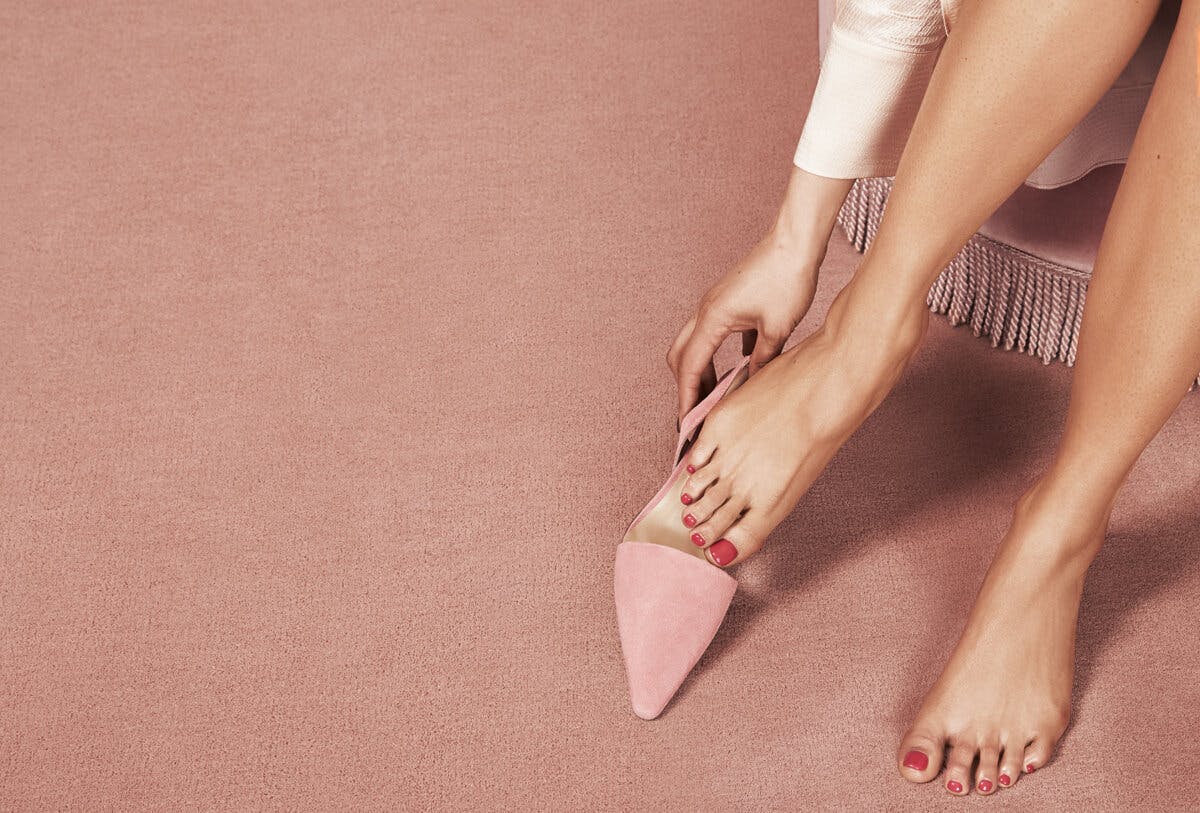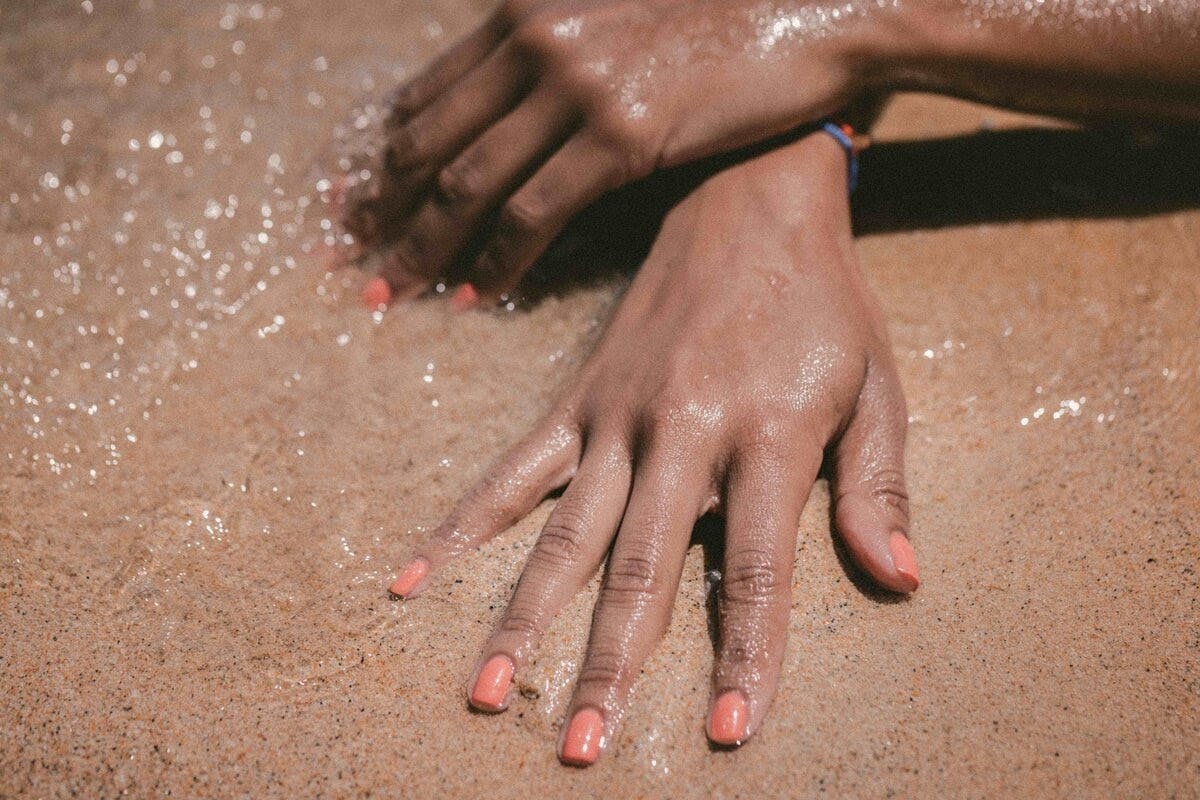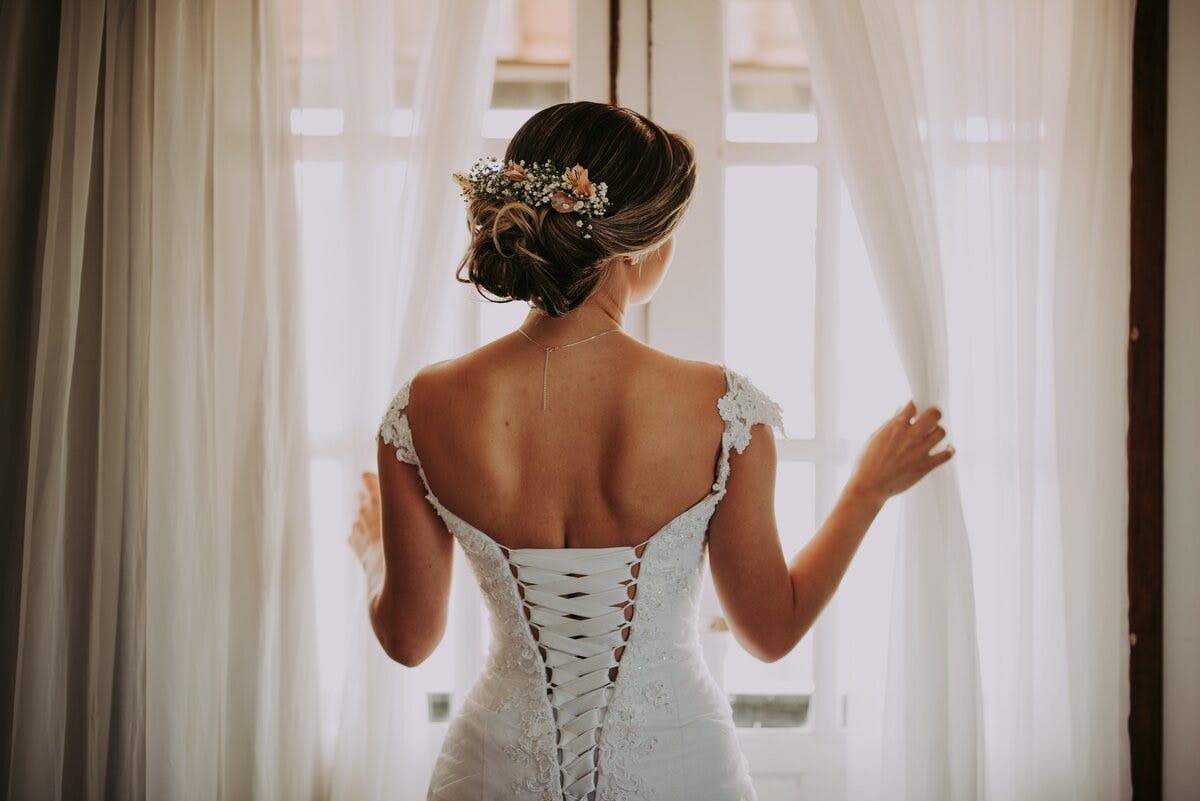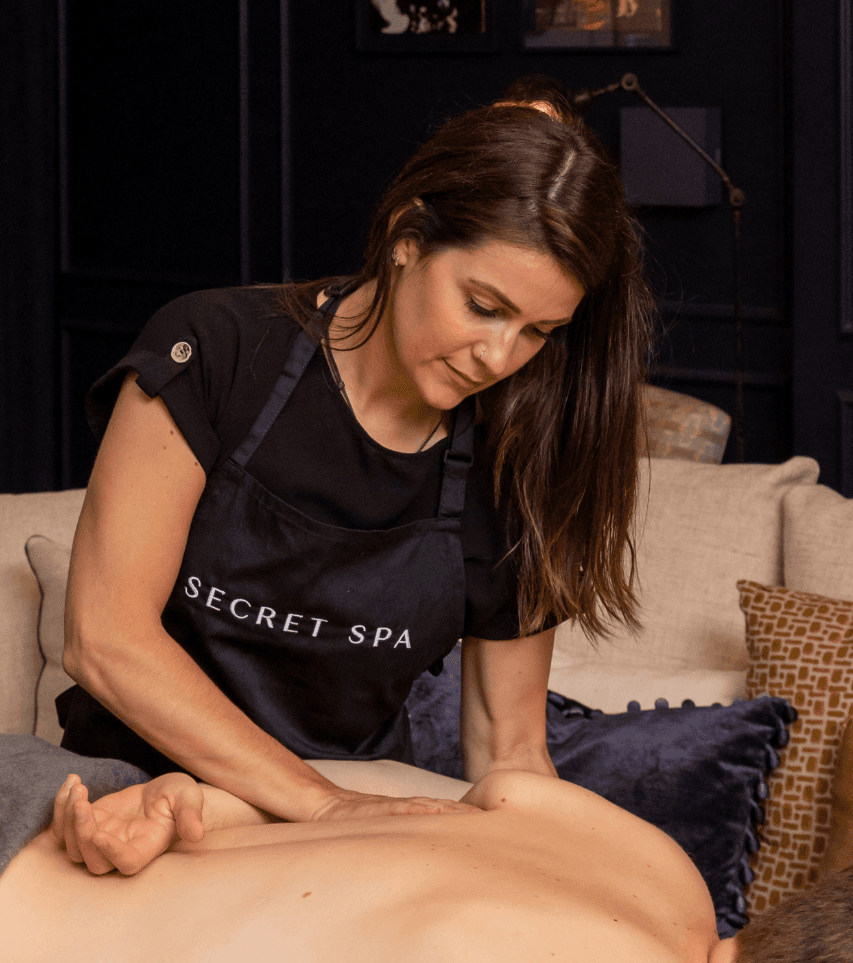The ultimate guide to SPFs
May 18, 2022
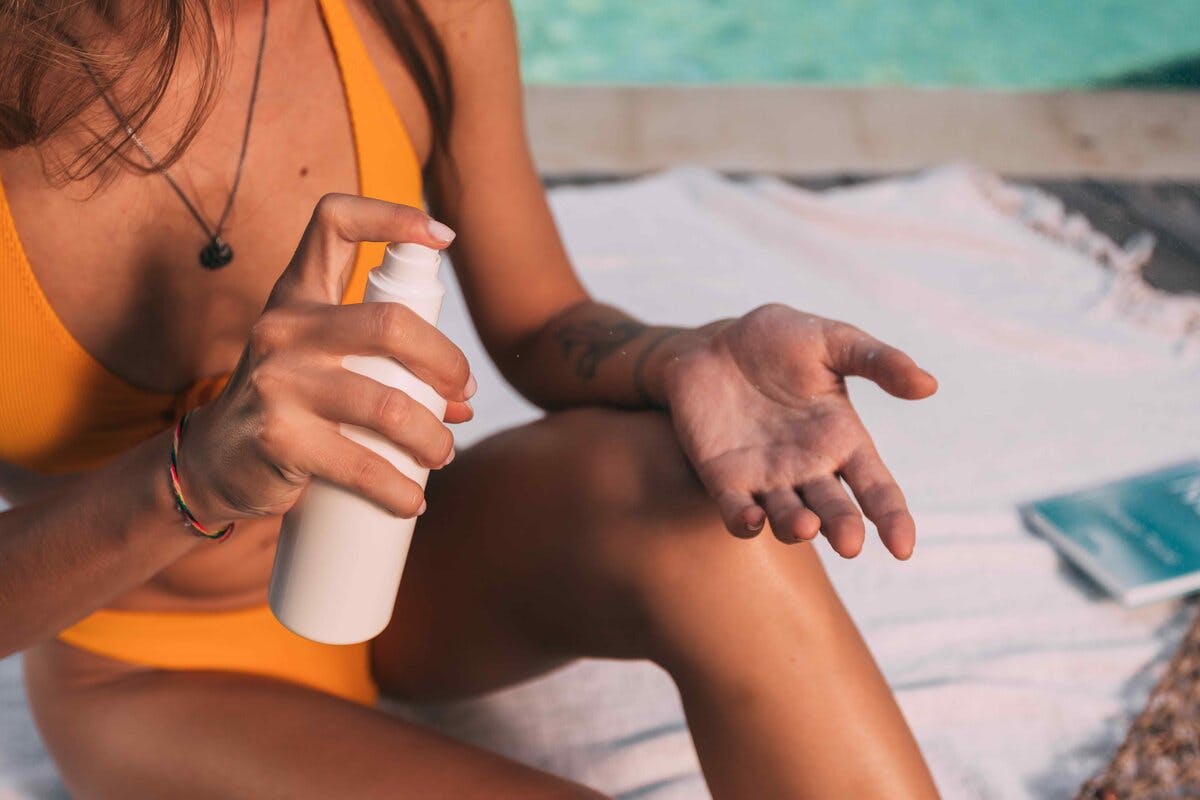
Summer is approaching and we’re all hoping that better weather is just around the corner. The promise of days donning the sunnies and not needing to layer up in warm clothing is tantalisingly close. But regardless of whether the sun is shining or it’s an overcast day, protecting our skin from harmful UV rays is always a good idea, 365 days a year. And that’s where you need to know about SPF – Sun Protection Factor. Shorthand for sunscreen, SPFs should be part of your daily skincare routine.But with so many choices of sunscreen available, coupled with often confusing labelling, it can be tricky to know which SPF to use. We’re here to help you demystify the lingo and choose the best SPF for your skin with our ultimate guide to SPFs and sunscreens. You can then enjoy the outdoors, safe in the knowledge that your skin is being protected.
What SPF do I need?
SPF determines how long you can safely stay in the sun before its UVB rays start to damage the skin. UVB rays have slightly more energy than UVA rays, making them responsible for the majority of skin damage. But UVA is largely responsible for sun-caused skin ageing. It’s generally accepted that your skin will start to burn after 20 minutes in the sun without any protection in summer months. But unseen damage can also occur without burning.The SPF number indicates how much longer you can safely stay in the sun while wearing sunscreen. This is where you need to practise your maths! So, SPF10 would allow you to stay in the sun for 10 times longer than the 20 minutes it would usually take to burn – 200 minutes on a regular day, although this will vary depending on your skin tone. An SPF2 sunscreen offers as much protection as an SPF50 – but the difference is how long the protection will last. We’ve done the maths for you to help you decide which SPF is best for your needs:SPF Time in the sun240 Mins15300 Mins30600 Mins50+1000 MinsRemember – the SPF numbers are a guide and largely depend on your skin tone and the strength of the sun’s rays. The sun’s intensity varies according to season, but also throughout the day within the season. For example, you may burn in just five minutes without SPF at midday in the summer, but be able to remain burn free all day in the winter. However, remember that burning isn’t the only sign of sun-caused skin damage. If you want to retain youthful looking skin as long as possible, then you need to wear a broad spectrum SPF every day come rain or shine.Splashing in and out of a swimming pool or the sea means you will need to apply the sunscreen more frequently. Broken or delicate skin should always be treated with extra caution in the sun – reapply SPF to these areas more often and, if possible, keep them out of the direct sun.
Chemical and physical SPFs – what is the difference?
There are two main types of SPF: chemical and physical. Each protects the skin from the sun in different ways:
Chemical SPF
The active ingredients in a chemical sunscreen absorb the sun’s rays and turn them into heat, which is then released through the skin. They tend to be thinner and lighter in texture, easy to apply and offer longer-lasting protection from UV rays as the formula soaks into the skin.If you have sensitive or acne-prone skin, some of the active ingredients, such as octinoxate, oxybenzone, or avobenzone, can cause irritation. Some studies have also shown that chemical sunscreens can have an adverse effect on the environment. This is particularly true if you’re wearing these sunscreens in the sea.
Physical SPF
A physical sunscreen (also known as mineral sunscreen) sits on top of the skin to form a barrier that stops the sun’s rays from penetrating the skin. The main active ingredients are zinc oxide or titanium oxide, which are kinder to acne-prone or sensitive skin.The main advantage of physical SPF formulas is that they will protect the skin from the moment they are applied – unlike chemical SPFs which take time to be absorbed into the skin. However, as they sit on top of your skin, you will have to reapply more often. They can also be more visible and give the appearance of a paler skin tone.
UVA / UVB rays explained
Ultraviolet rays are the most damaging to our skin and the two UV rays that reach the earth’s surface are UVA and UVB. UVA rays penetrate deeply into the skin and play a big part in premature ageing, whilst UVB rays cause sunburn and irritation. Although UVB rays do not penetrate the skin so deeply, they are more intense, making them responsible for more instances of skin cancer.Look for the UVA star ratings on sunscreen bottles in addition to the SPF number. This shows how effective the formula is at protecting against UVA rays. Five stars are the most effective, so check the label carefully to make sure you have the right protection.To gain the best defence against UV rays, choose a sunscreen with broad-spectrum filters as these products have been tested and approved to offer protection from both UVA and UVB rays.
Can you use the same SPF from head to toe?
A broad-spectrum, high SPF with a five star UVA rating will provide protection for all areas of the body. However, it is worth investing in a facial sunscreen that’s lighter and intensely hydrating to give a moisture boost – and don’t forget the tops of your ears and your lips, as they burn more easily!To cover your whole body effectively, you’ll need roughly eight teaspoons of sunscreen. This should be rubbed in thoroughly around 15 minutes before venturing out into the sun. In winter, a teaspoon of sunscreen for your face, neck and hands is perfect.
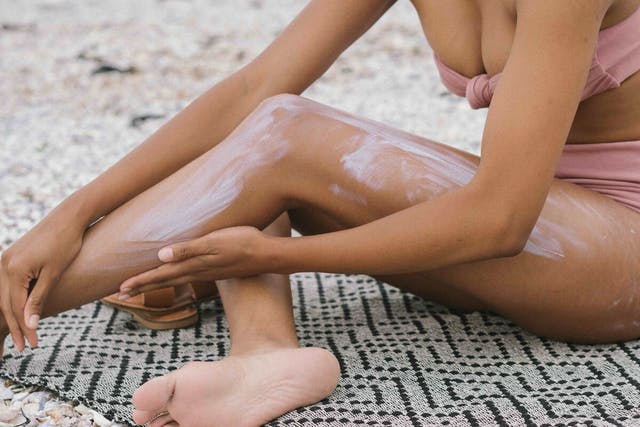
Best SPFs – our expert recommendations
We asked our beauty experts for their favourite SPF products. Here are the best SPFs as recommended by our team of beauty professionals:
1. La Roche-Posay Anthelios SPF50+
We all know La Roche Posay is one of the best skincare brands for sensitive or reactive skin. Their range of sunscreens are no different and our experts love the Anthelios UVMune SPF50+. It offers very high UVA & UVB sun protection for the face, boasting an invisible formula and lightweight texture.
2. Ren Clean Screen Mineral SPF 30
The Ren Clean Screen Mineral SPF 30 is a mattifying sunscreen that protects against UVA & UVB rays and free radicals. It offers broad spectrum protection with a vegan formulation that's infused with antioxidant rich Passion Fruit Extract.
3. Kate Somerville
The Kate Somerville Mineral Sunscreen is an ultra-lightweight mineral sunscreen that offers protection from harmful UVA & UVB rays, while also helping to prevent premature ageing. This SPF30 is ideal for people with sensitive skin and offers 100% zinc oxide UV protection. We also love the UncompliKated SPF Makeup Setting Spray, which can be applied on top of your make-up – perfect for topping up throughout the day!
4. Skinician Advanced Time Delay Day Cream
Looking for a powerful day cream that also protects against harmful UV rays? You’ll love the luxurious Skinician Advanced Time Delay Day Cream SPF30, formulated with ingredients like Vitamin E and Hyaluronic Acid to hydrate and protect, while fighting the signs of ageing.
5. Clarins Sun Care & After Sun
The Clarins sun care range includes three SPF 50 products to protect and moisturise the skin. Our favourite is the Sun Care Water Mist for Body and Hair, which combines oil and water for a lightweight, non-sticky formula that’s easy to apply. We also love the After Sun Shower Gel, a 3-in-1 cleansing gel for the face, body and hair with aloe vera extract to comfort and hydrate the skin following sun exposure.
6. Drunk Elephant Umbra Sheer™ SPF 30
The Drunk Elephant Umbra Sheer™ SPF 30 is a physical sunscreen with powerful antioxidants. Not only are you getting sun protection, this SPF also helps to minimise the appearance of oxidative damage and photoaging.
7. Avène ULtra Broad Spectrum Facial Suncare SPF50+
Avène’s latest suncare collection follows 20 years of research to create a ground-breaking hybrid sun filter. These products protect against the most damaging sun rays, including UVA, UVB, and HEV Blue Light. The Cream SPF is ideal for very dry skin, the Fluid SPF is best for normal to combination skin, while the Cleanance SPF is suitable for oily skin.
8. Ultra Violette Lean Screen SPF 50+
This SPF50+ formulation from Ultra Violette is a zinc-only mineral SPF that is perfect for sensitive skin. It is lightweight, fragrance free and has a subtle matte finish.
Get SPF-ready for summer with Secret Spa
Now you are SPF-savvy, it’s time to get beach-ready with Secret Spa in the comfort of your own home.We offer a professional range of salon treatments including waxing and facials to get your skin smooth and glowing for summer. Want a head start on achieving golden skin? Book a spray tan and our therapists will provide a streak-free tan in the privacy of your own home.
Book our
experts today
Related Articles
How Long Does a Luxury Spray Tan Last? Timing, Development, and Longevity
Jan 4, 2025
The Ultimate Guide to Preparing for Your Luxury Spray Tan
Mar 28, 2025
The dos and don’ts of spray tans and waxing
Apr 23, 2025
Inside the Luxury Spray Tan Experience: From Application to Aftercare
Apr 4, 2025
A guide to holiday beauty prep
Jun 18, 2021
Top tips for the perfect wedding spray tan
Apr 23, 2025
